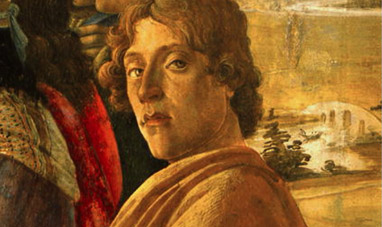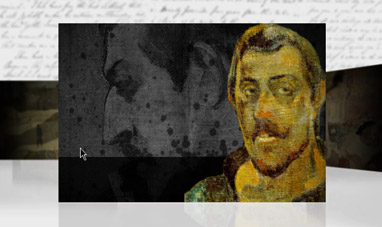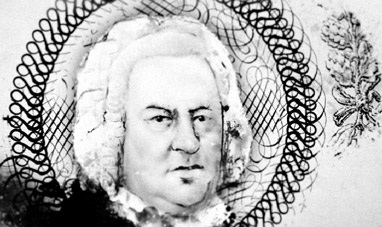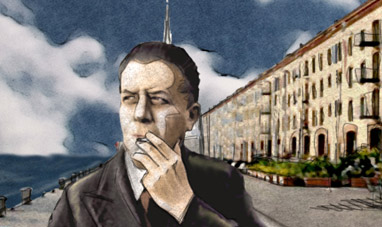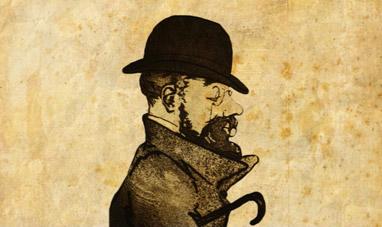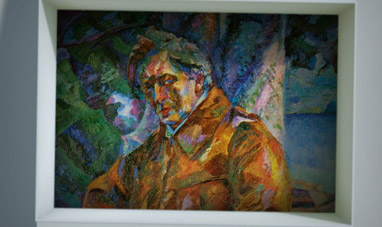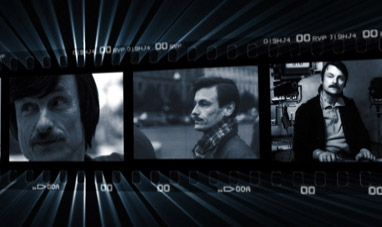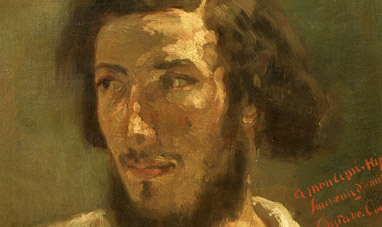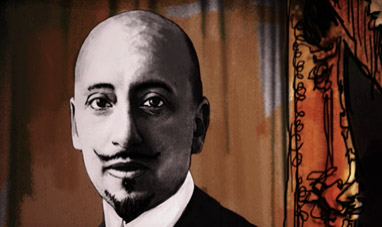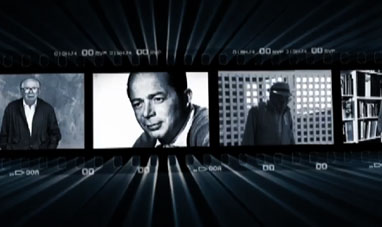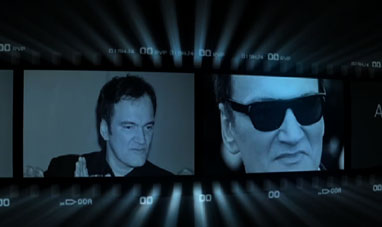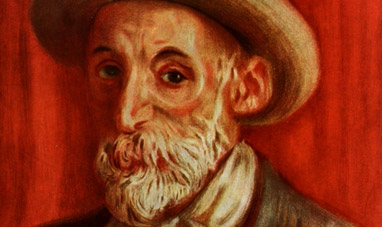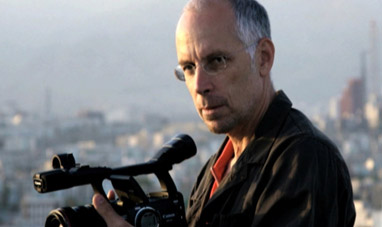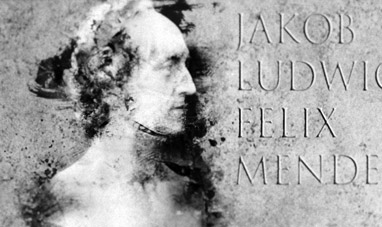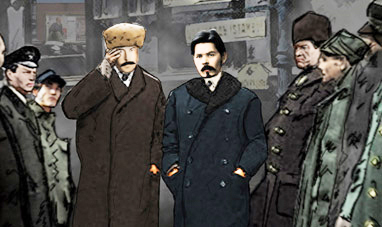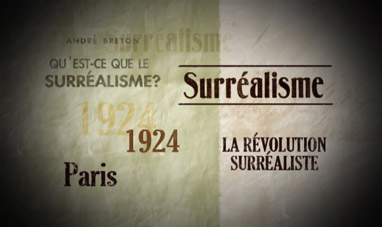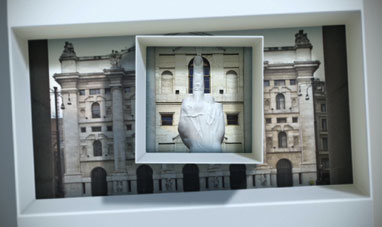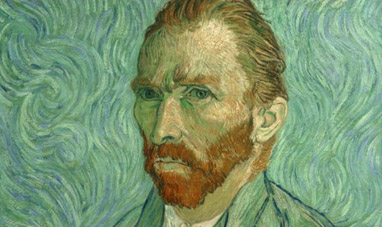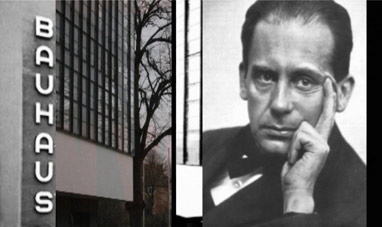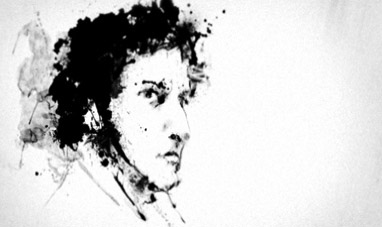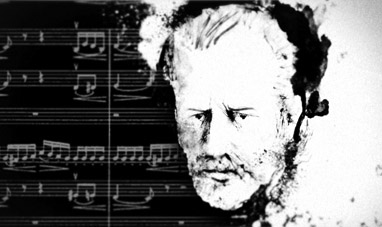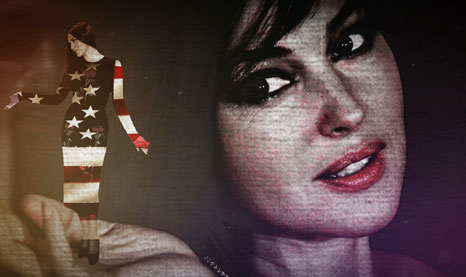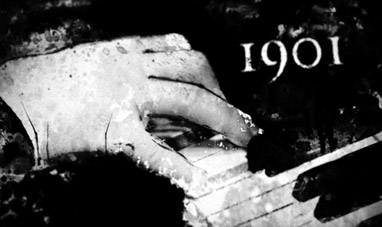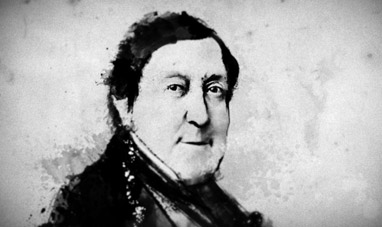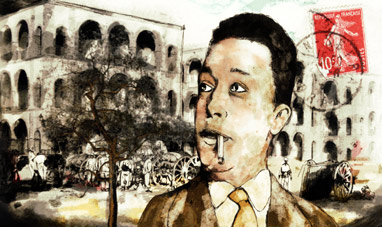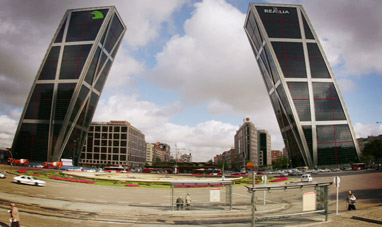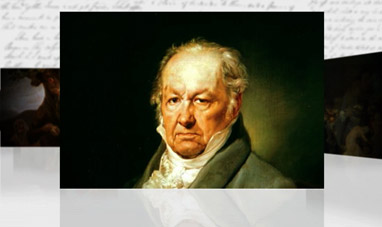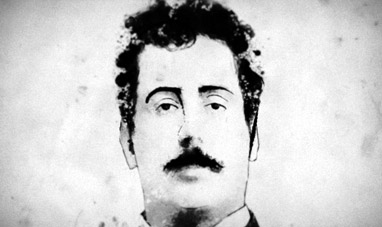Luis Buñuel was a Spanish film director and a key representative of surrealism in cinema. He was born in Calanda on February 22, 1900. Son of a small landowner, he studied in a Catholic school, but soon showed an aversion to religion. Atheism and anticlericalism would be constant factors in his life. He would later comment: “Thank God I’m an atheist.” In 1917 he moved to Madrid to attend university, where he met and befriended painter Salvador Dalì. In 1925 he moved to Paris and developed an interest in cinema, becoming the assistant to film director Jean Epstein and writing about cinema for the magazine Cahier d’Art. In 1928, with the help of his friend Dalì, Buñuel directed An Andalusian dog [1929], a short movie full of crude images inspired by his own dreams. The film drew the interest of the Surrealists, an artistic avant-garde characterized by an interest in the world of dreams, a penchant for absurdity and strong anti-bourgeois sentiments. Two years later Buñuel directed L’âge d’or [1930], an irreverent surrealist film that featured a Christ figure and some bishops among its characters. The work caused a scandal and was banned from France. The director returned to Spain, only to leave again in 1936 when civil war broke out. He spent several years in the US without making any films. Then, in 1947, he settled in Mexico and began working again. In Mexico he shot The Forgotten Ones [Los Olvidados - 1950], a story about lost and leaderless youth in the suburbs.
The film earned him an award for Best Director at the 1951 Cannes film festival. In 1960 he returned to Spain to film Viridiana [1961], about a woman who abandons a convent to dedicate herself to helping the poor. But the people she helps prove ungrateful, and attack and attempt to rape her. The film won the Palme d’Or in Cannes in 1961 but was banned in Spain because of its antireligious themes. Later on Buñuel shot several movies in France. In 1967 he directed his greatest public success: Belle de jour [1967]. The lead character, interpreted by Catherine Deneuve, is a wealthy woman who becomes a prostitute in order to relieve her frustrations. The movie is an attack on bourgeois respectability, the same target he would focus on in subsequent films like The Discreet Charm of the Bourgeoisie [1972] and The Phantom of Liberty [1974], in which Buñuel’s surrealist vein made a strong comeback. The Discreet Charm of the Bourgeoisie, which focused on a group of hypocritical bourgeois people whose meals are continuously interrupted by absurd and unexpected occurrences, won an Oscar in 1973. In 1977 Buñuel filmed his last movie, That Obscure Object of Desire [1977], an examination of sexual obsession. He planned other films, but was unable to pursue them due to health problems. Buñuel died in Mexico City on July 29, 1983. He was 83.
The film earned him an award for Best Director at the 1951 Cannes film festival. In 1960 he returned to Spain to film Viridiana [1961], about a woman who abandons a convent to dedicate herself to helping the poor. But the people she helps prove ungrateful, and attack and attempt to rape her. The film won the Palme d’Or in Cannes in 1961 but was banned in Spain because of its antireligious themes. Later on Buñuel shot several movies in France. In 1967 he directed his greatest public success: Belle de jour [1967]. The lead character, interpreted by Catherine Deneuve, is a wealthy woman who becomes a prostitute in order to relieve her frustrations. The movie is an attack on bourgeois respectability, the same target he would focus on in subsequent films like The Discreet Charm of the Bourgeoisie [1972] and The Phantom of Liberty [1974], in which Buñuel’s surrealist vein made a strong comeback. The Discreet Charm of the Bourgeoisie, which focused on a group of hypocritical bourgeois people whose meals are continuously interrupted by absurd and unexpected occurrences, won an Oscar in 1973. In 1977 Buñuel filmed his last movie, That Obscure Object of Desire [1977], an examination of sexual obsession. He planned other films, but was unable to pursue them due to health problems. Buñuel died in Mexico City on July 29, 1983. He was 83.




